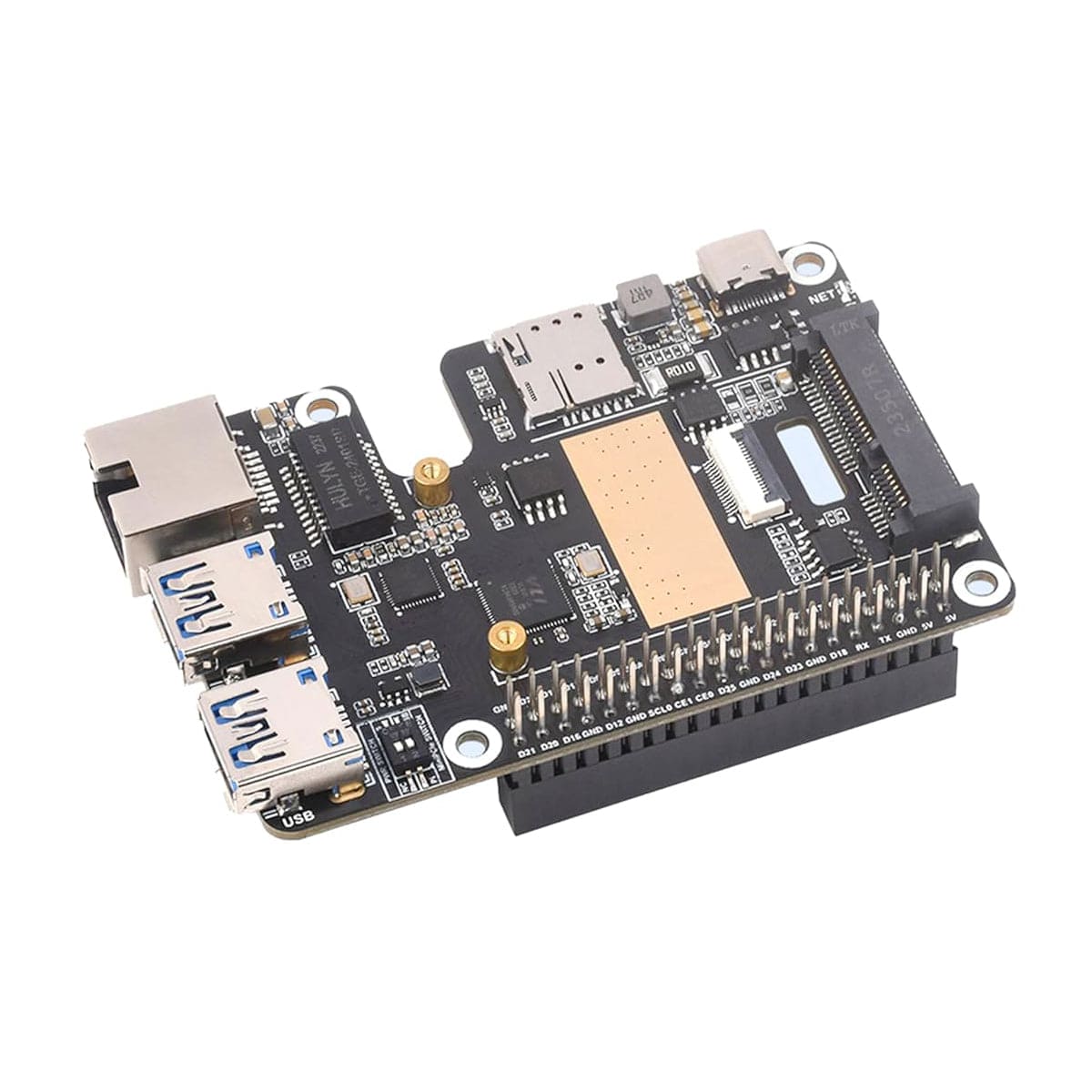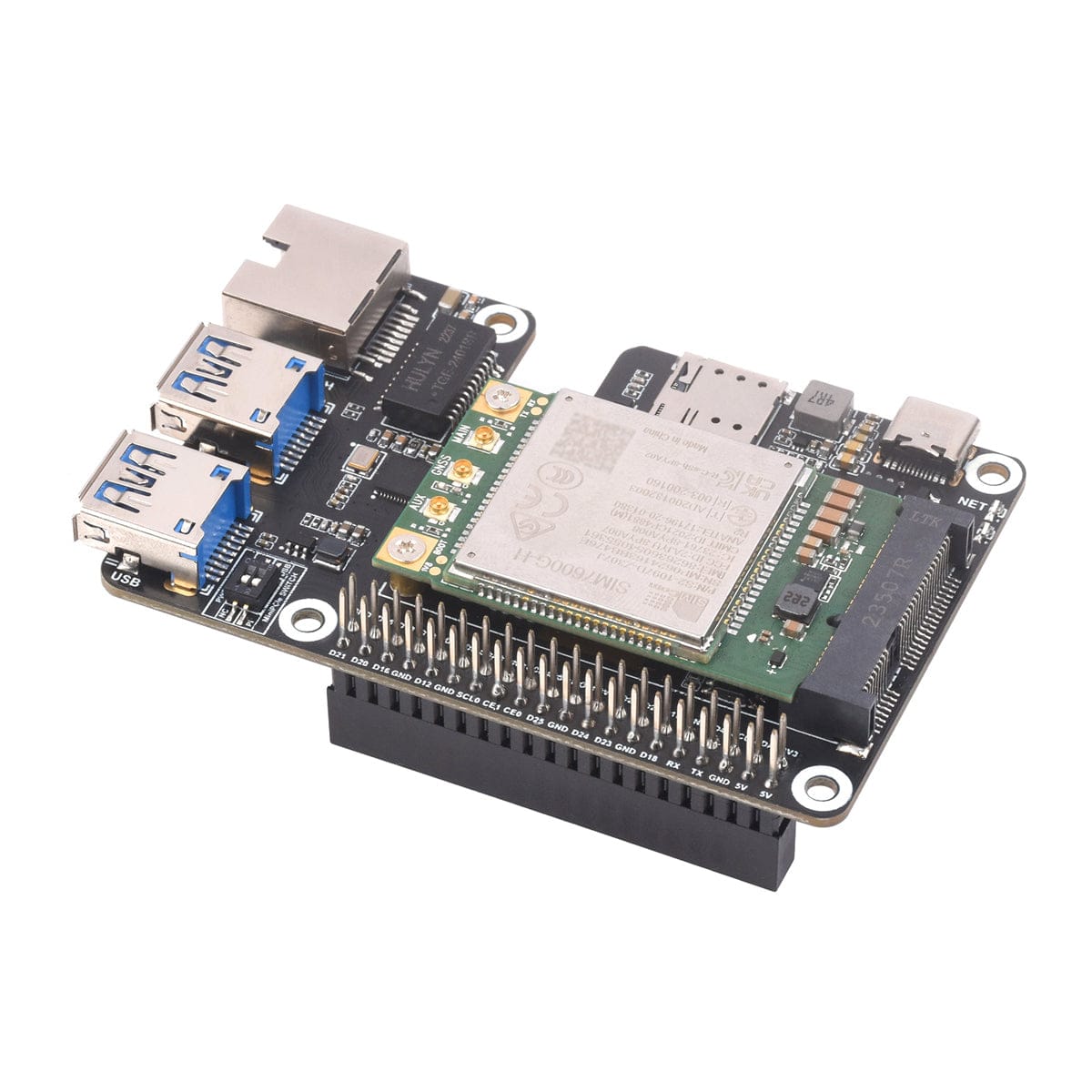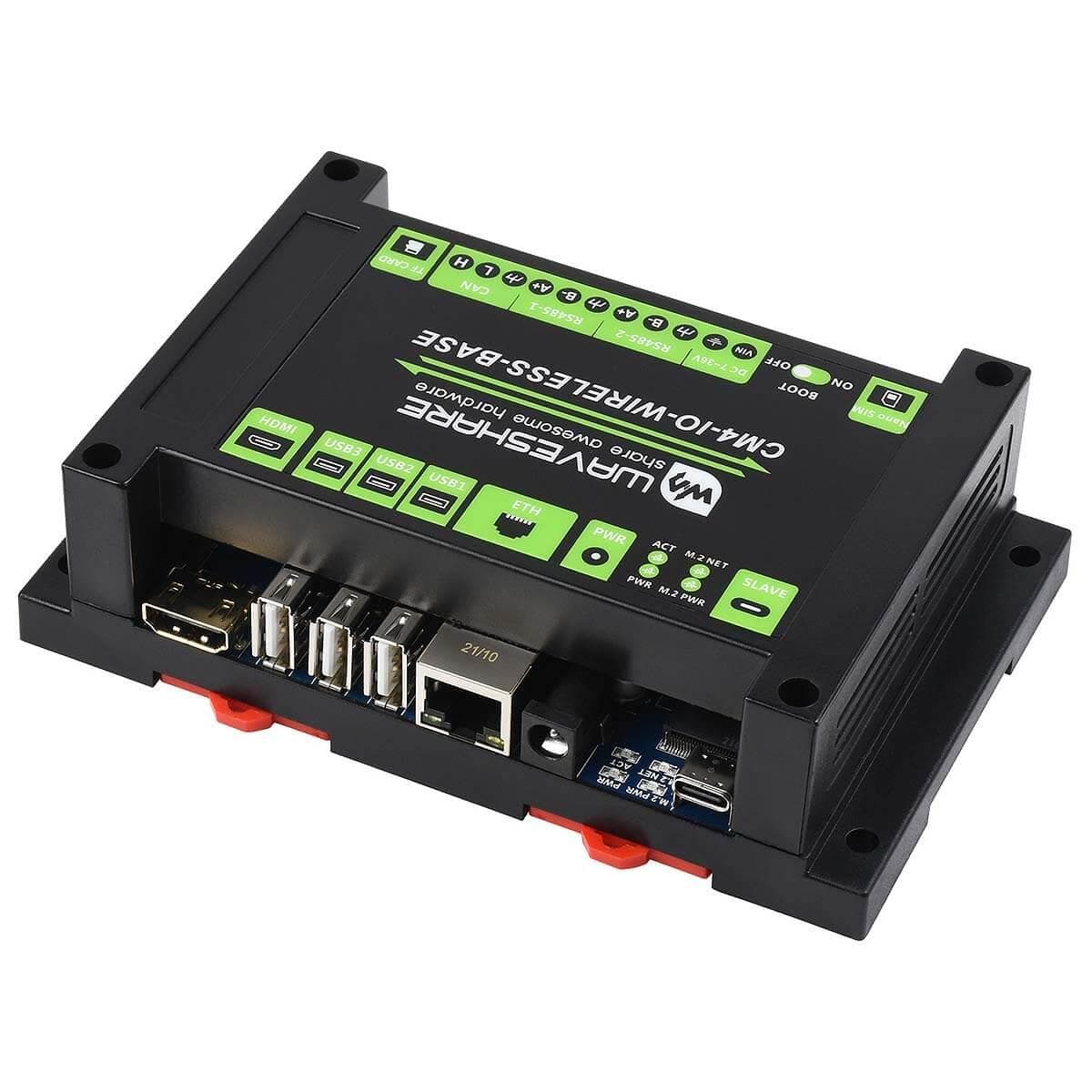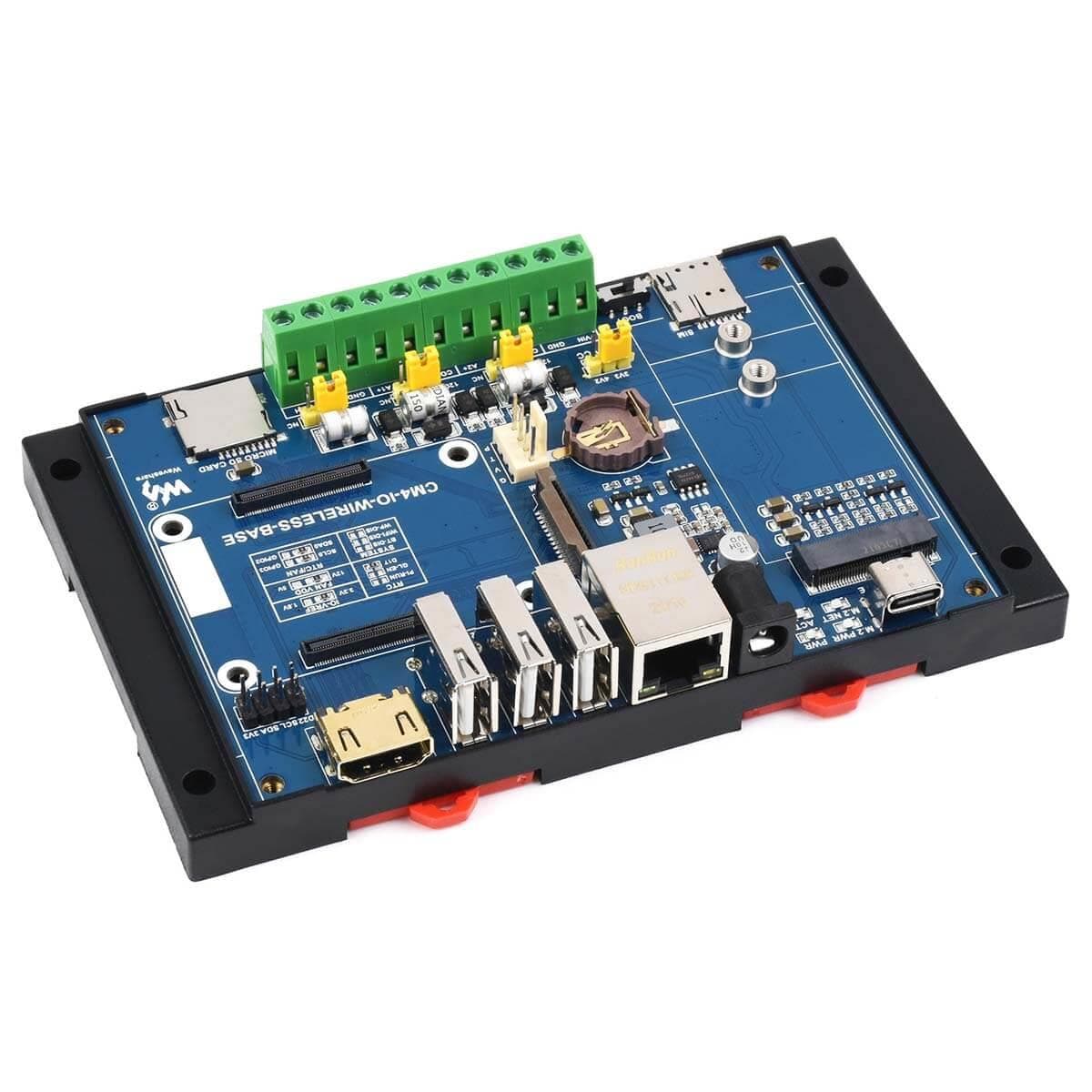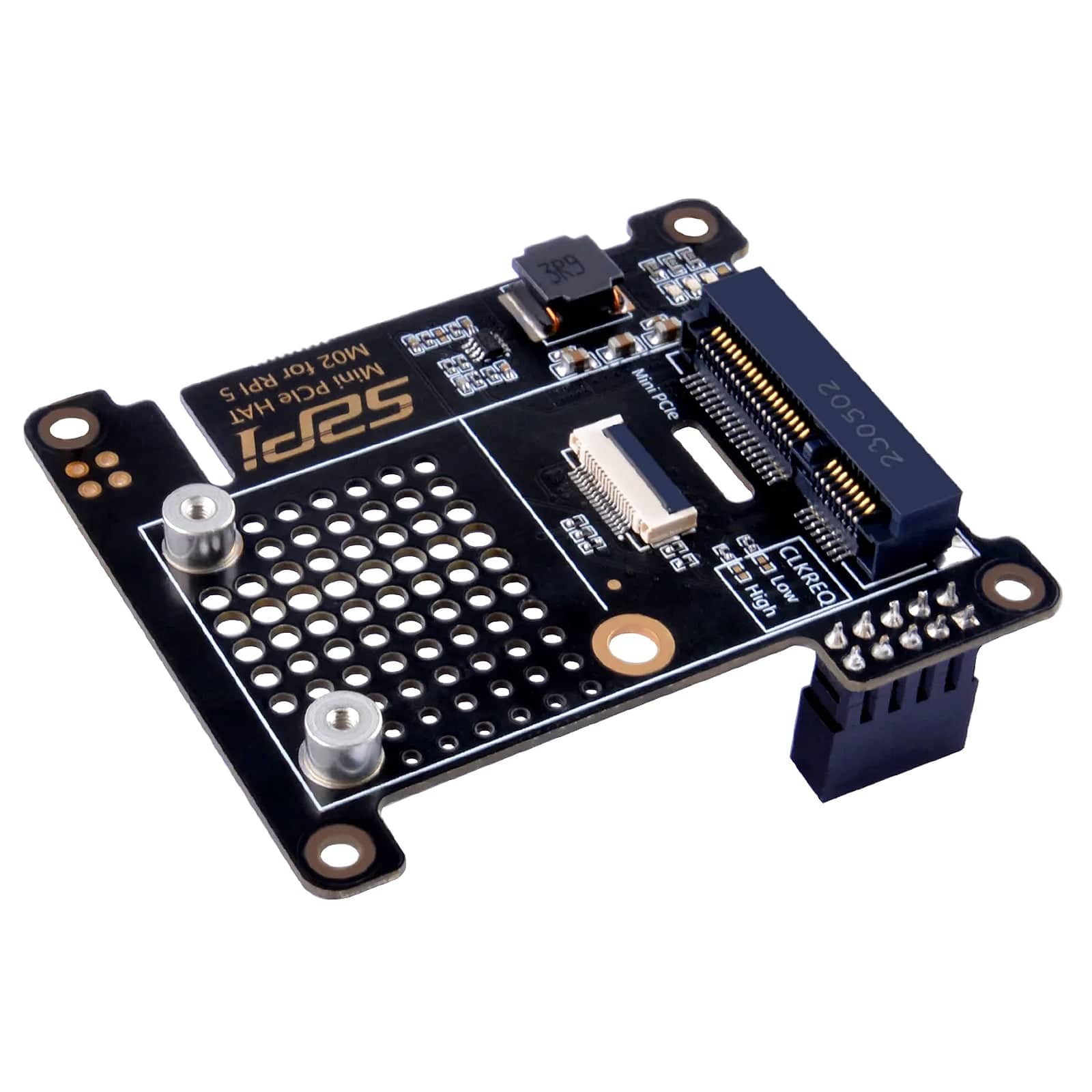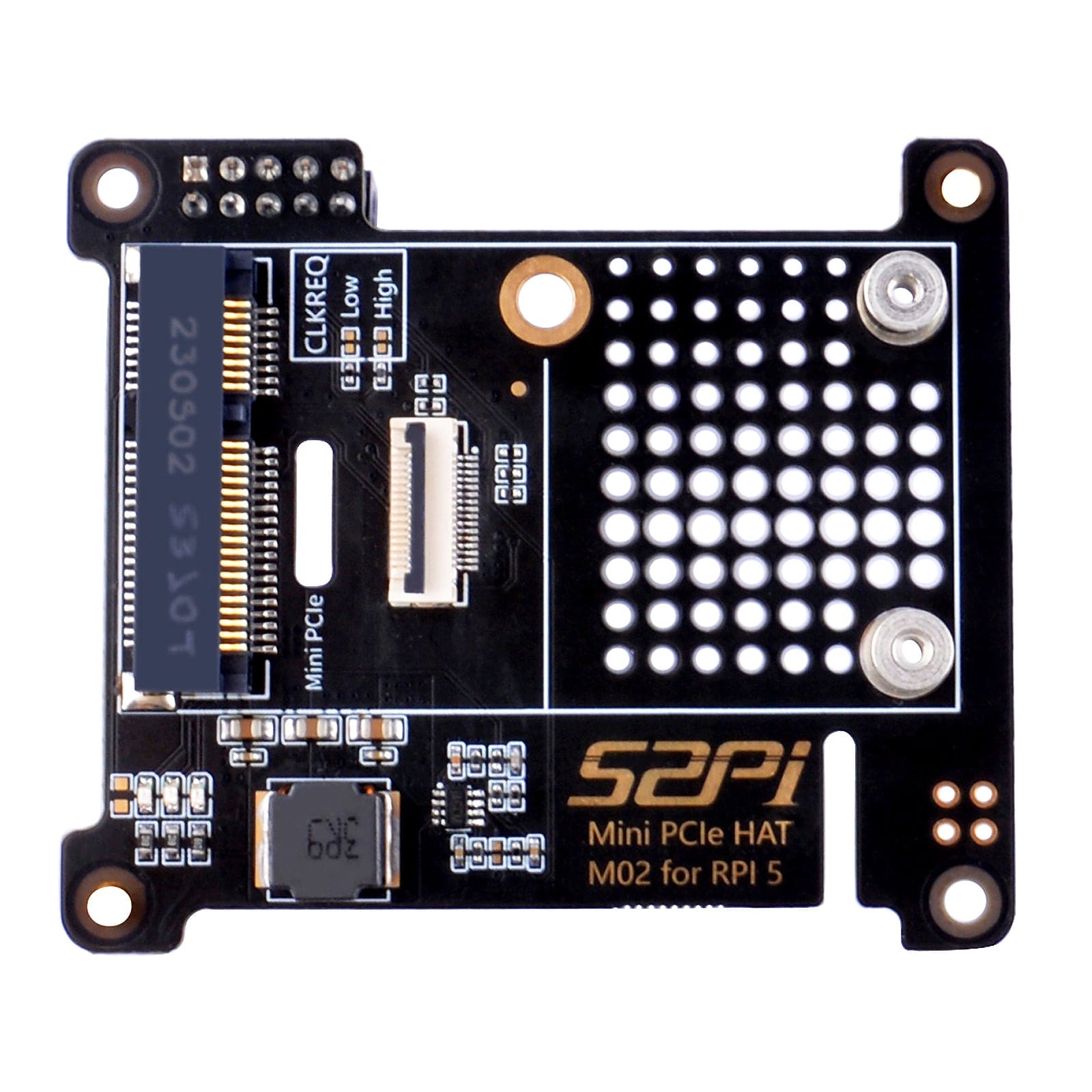








Login / Signup
Cart
Your cart is empty









This Mini PCIe to Dual-Channel CAN card adds two fully isolated CAN2.0A/B interfaces with 1Mbps support, buffering, and automatic retransmission. Includes USB adapter, onboard termination, LED indicators, and software support for Windows and Linux.
This MiniPCIe to Dual-Channel CAN card offers a reliable, compact way to add two isolated CAN bus interfaces to a laptop, embedded board, or industrial system. It supports both CAN2.0A and CAN2.0B protocols, complies with ISO11898-1/2 standards, and includes full software support for Windows and Linux platforms - including Raspberry Pi!
Built on mature USB-CAN technology, the card provides high-performance, bidirectional CAN communication at up to 1Mbps, with automatic retransmission and buffering for up to 2000 received frames and 1000 transmit frames per channel. Each channel is fully isolated for improved reliability and safety in demanding environments.
The board includes a USB to MiniPCIe adapter for connecting to systems without a native MiniPCIe slot. Combined with included drivers, diagnostic tools (like CANTools), and development examples in languages such as Python, C++, C#, LabVIEW, and more, this is a flexible solution for CAN-based data collection, control, and analysis.
Power, system, and per-channel activity indicators are onboard, along with built-in 120Ω terminal resistors. Communication occurs via USB 2.0 signals on the MiniPCIe edge connector, with a 3.3V operating voltage. The unit is rated for wide temperature ranges and supports headless setups such as with the Raspberry Pi.
For a more permanent Raspberry Pi setup, combine this card with the Mini PCIe / Gigabit Ethernet / USB 3.2 Gen1 HAT for Raspberry Pi 5. For CM4, use it with the Industrial IoT Wireless Expansion Module for Raspberry Pi CM4.
| Product type | MiniPCIe interface to CAN card |
| MiniPCIe interface | Operating voltage: 3.3V |
| Communication method | USB2.0 pin of the MiniPCIe interface |
| CAN interface | CAN channel: Dual-channel: CAN1 and CAN2 (independent and isolated) |
| Connector | CAN bus screw terminal (standard 1.25mm pitch) |
| Terminal resistor | Each CAN channel has a 120Ω terminal resistor |
| Baud rate | 10Kbps~1Mbps (Configurable via software) |
| Protocol support | CAN2.0A and CAN2.0B protocols, complies with ISO/DIS11898-1/2 standards |
| Hardware support | High-speed CAN |
| Transfer speed | The receiving and sending of each CAN channel can reach: 8500 frames/s |
| Transmit buffer | 2000 frames receiving buffer and 1000 frames sending buffer per channel (automatically retransmit when transmission fails) |
| Indicators | PWR: Power indicator |
| SYS: System status indicator, normally off; keeps on when there is a bus error | |
| CAN1: CAN1 channel indicator (blinking when sending and receiving data) | |
| CAN2: CAN2 channel indicator (blinking when sending and receiving data) | |
| System support | Windows: Windows XP/7/8/10/11 (32/64 bits) |
| Linux: Raspberry Pi OS, Ubuntu (Jetson Nano), VMware virtual PC | |
| Operating temperature | -40~85℃ |
| Installation support | Standard MiniPCIe card slot |
| Dimensions | 51×30 mm |










